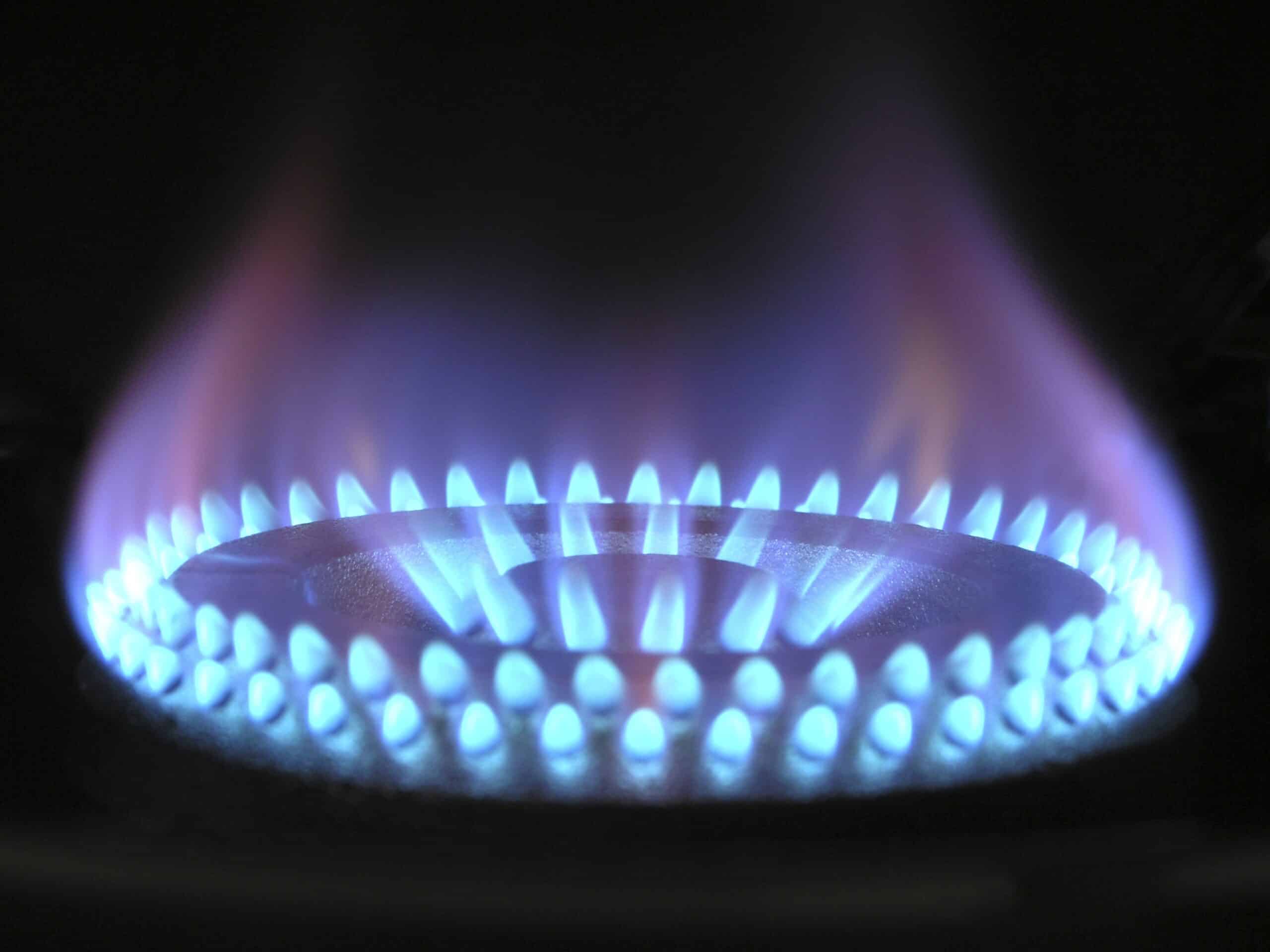How is Propane Made & Where Does it Come From?
It’s no secret that New England can get chilly in the winter! What would we do without heated homes, hot water, and energy to power our appliances?
Thankfully, we have propane to keep us warm even on the coldest of days. If you’re wondering all there is to know about the liquefied petroleum gas known as propane, including how it’s made, where it comes from, and more, you’ve come to the right place. Our experts at Haffner’s are here to share their knowledge and answer your questions.

What is Propane?
First discovered in 1910 by Walter O. Snelling, a 
Today, propane is most commonly used as a fuel source for heating and cooking in homes and businesses that are not connected to a natural gas supply. Additionally, it is used to fuel vehicles, especially in areas where gasoline or diesel fuel is expensive or difficult to access.
You may remember from chemistry class that it’s part of the hydrocarbon family, which also includes methane and ethane. It’s stored and transported as a liquid under pressure. Because propane burns cleanly and is thought to produce fewer emissions than other fossil fuels, it has grown in popularity within the common household. This being said, it must be handled and stored carefully as it is highly flammable and thus potentially very dangerous.
Where Does Propane Come From?
We are so glad you asked! Propane can come from three different methods: processing natural gas, processing crude oil, and processing certain types of shale formations. Here’s the scoop on each of these processes.
- Natural Gas
Natural gas often contains impurities when it is extracted from the ground, and propane is one of them. To separate the propane and natural gas, these components must undergo a process called fractionation. This consists of cooling the natural gas to a temperature at which different components can be separated based on their boiling points. To safely store and transport the propane, it’s kept as a liquid under pressure.
- Crude Oil
Similarly to natural gas, crude oil also contains propane, along with other hydrocarbons such as gasoline and diesel fuel. Distillation is the process in which crude oil is refined and the propane is separated from the other materials. Just like propane that is produced from natural gas, crude oil propane is then stored and transported as a liquid under pressure.
- Shale Formations
The third way to produce propane is through the processing of certain types of shale formations. A shale is a type of rock that is rich in hydrocarbons. By heating the shale and extracting the hydrocarbons, one of which is propane, you’re able to produce propane without the use of natural gas or crude oil which allows production to remain consistent with demand. The tradeoff is that this process is more complex and expensive than producing propane from natural gas or crude oil, which forces the process to be less sustainable and attractive in the grand scheme of things.
How is Propane Made?
Like we mentioned above, our feature gas is typically made as a byproduct of the processing of natural gas, crude oil, or shale formations. The following are the steps that need to be completed in order to produce propane.
- Extraction
Natural gas, crude oil, and shale formations are extracted from the ground using drilling rigs and other equipment.
- Separation
Following extraction, the propane is separated from the origin materials—by which we mean the natural gas, crude oil, or shale formations—through a process called fractionation or distillation. During fractionation, the origin material is cooled to a temperature at which the different components can be separated based on their boiling points. During distillation, the same process occurs but the different aspects are separated based on their points of vaporization as opposed to their points of boiling.
- Purification
Now that the propane is separated, it’s ready to be purified. As you can guess, this involves ridding the gas of any impurities that may be present (think sulfur compounds or other contaminants).
- Storage and Transportation
From reading this blog you know that propane is stored and transported as a liquid under pressure, most readily in specially designed tanks or cylinders. This is where Haffner’s comes in! We then deliver it to your door so that you’re able to heat your house, cook food, power electronic devices, and more.
What Are the Benefits of Propane?
The benefits of having propane as a fuel source are plentiful! You’re probably benefiting from propane right now. One large benefit that we see is that propane burns cleanly.

This means it produces fewer emissions than other fossil fuels. This is beneficial because it means it emits lower levels of greenhouse gasses, carbon monoxide, and particulate matter, which is in turn better for everyone as it does less harm to our earth and our bodies.
It’s also helpful that propane can be used for a wide range of applications, including heating buildings, cooking, powering vehicles and equipment, and more. In addition to this, it’s also very efficient because it is a high-energy fuel. Here’s your proof: it produces more energy per unit of volume than natural gas, meaning less fuel is needed to complete the same task at the same level of power. This in turn makes it a cost effective choice as well.
Propane is also known to be a reliable source of energy as power outages and the like have no impact on the effectiveness of your propane supply. Lastly, propane is very safe when the handling and storing is left to the professionals like us!
Get Propane Delivered From Haffner’s
Propane delivery from Haffner’s is as easy as filling out our online form. Once the form is submitted, a Haffner’s representative will give you a call to schedule a convenient time to perform an on-site survey of your needs. Deliveries take place on the next scheduled business day for your area.
With our automatic payments and automatic delivery capabilities, there’s no need to worry about refills as runouts are eliminated and the tank is kept full enough to avoid buildup from the bottom of the tank to enter your heating system. Our automatic fuel delivery system uses your average fuel consumption and forecasted temperatures to tell us exactly when you need a delivery. Haffner’s is here to help when it comes to any and all propane needs!

